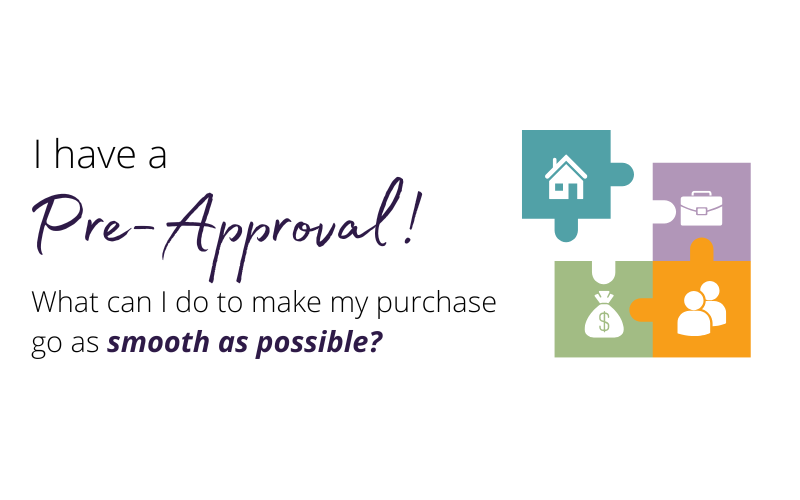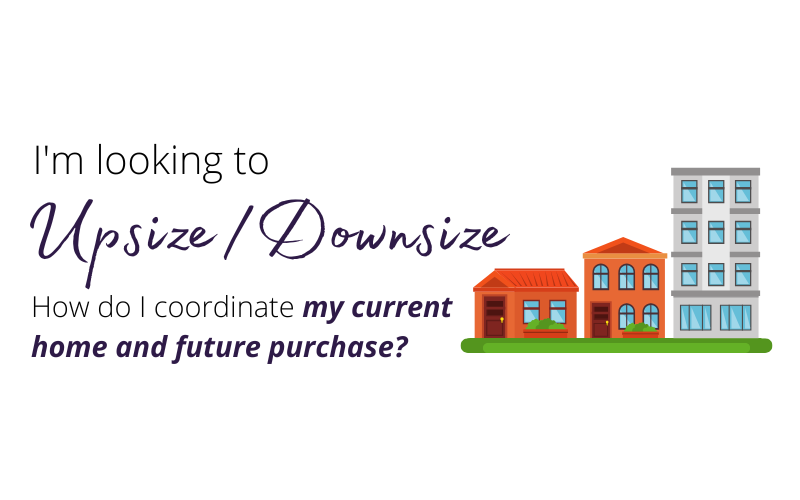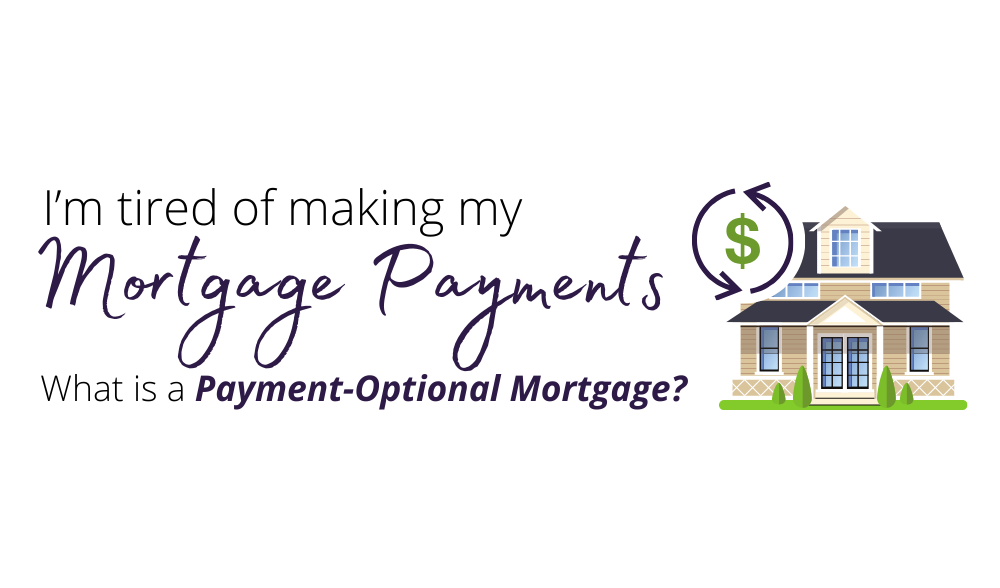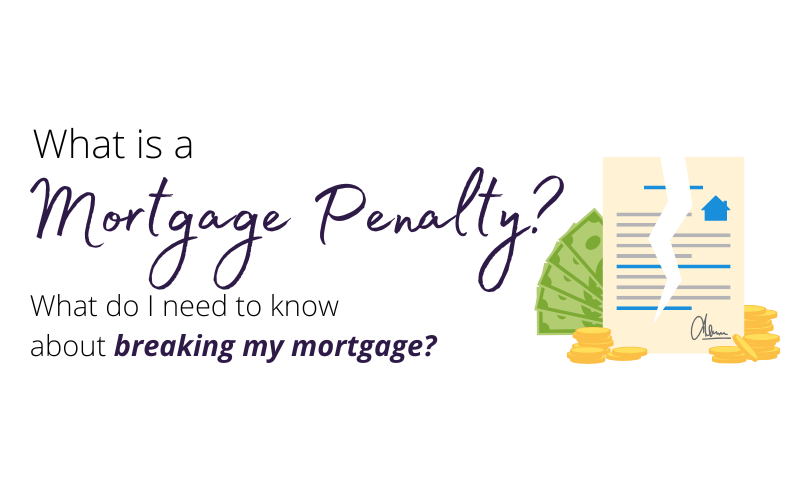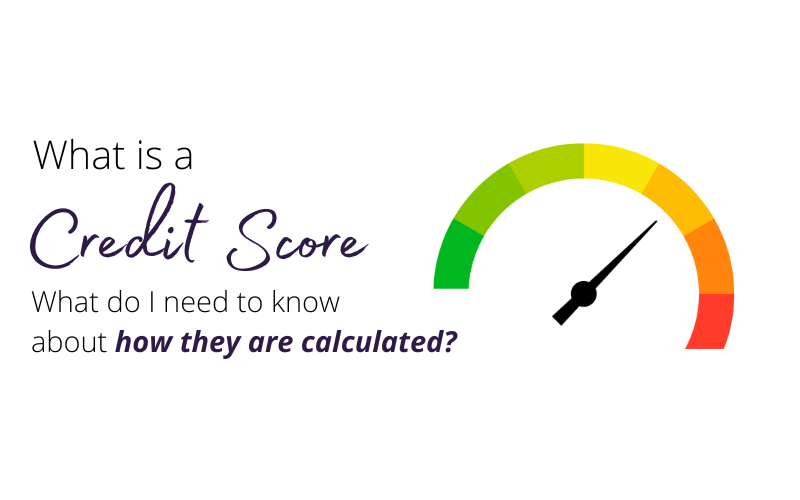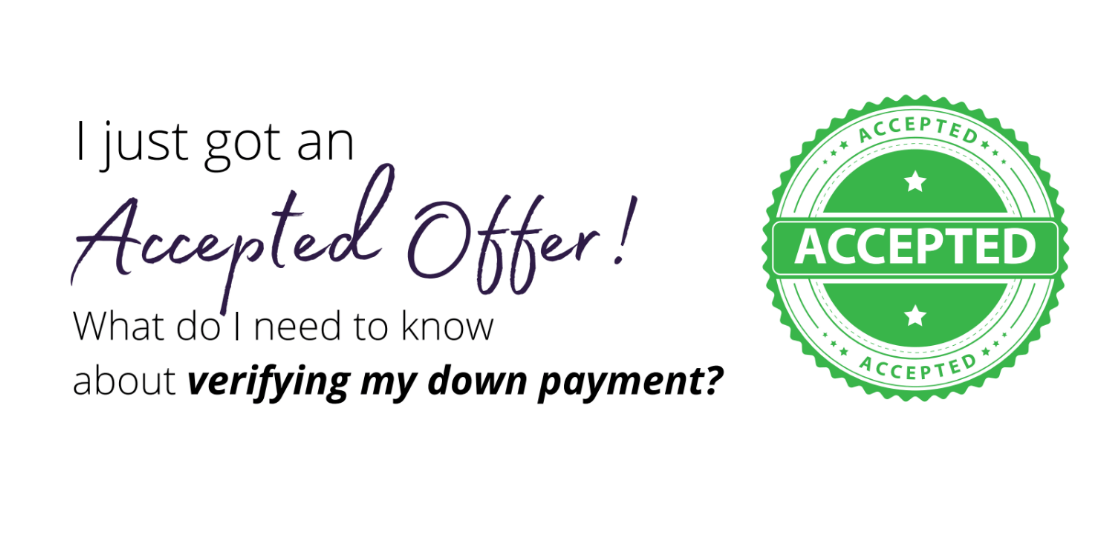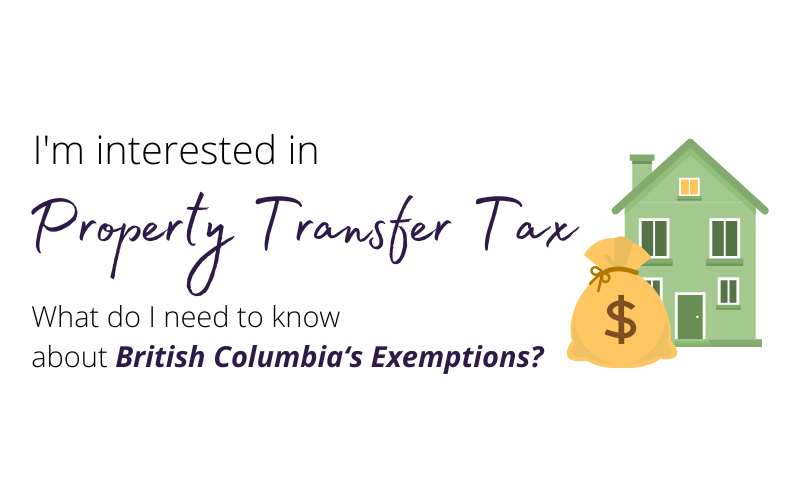RESOURCES

DOWN PAYMENT Currently, a minimum of 20% down payment is required on rental properties. Since a 20% down payment is applied, rental properties can qualify for 30-year amortization as it doesn't trigger mortgage insurance. Can I use equity in my current owner occupied home to purchase a rental property? Yes, you can! Book an initial chat here so we can look at your specific situation. Can I use gifted funds for a down payment on a rental property? In most cases, lenders will not consider a gifted down payment for a rental property. However if you are considering using gifted funds, there may be options available. Can I borrow from my HELOC to pay the down payment in part or full? Yes. Lenders will consider all of your liabilities and apply this to your debt servicing ratios.

WHY CO-SIGNERS? With house prices increasing, government qualifying rules tightening, and income documentation becoming more onerous from banks and lenders, more and more Canadians are enlisting the help of a Co-Signer (or co-purchaser, these titles can be used interchangeably) to make the purchase of a home possible. A Co-Signer helps support the income qualification on paper for an applicant, by going on the property title and mortgage as well.

LAND For a fully serviced lot , you will need down payment of at least 25% on the land value. Fully serviced means the lot has power, water/well & sewer/septic. For a partially serviced lot , you will need a down payment of at least 35% on the land value. Partially serviced means the land is missing at least one of the above services. Already own the land? An equity take out may be completed on the land as your first draw, up to 75% of the appraised land value , less fees.
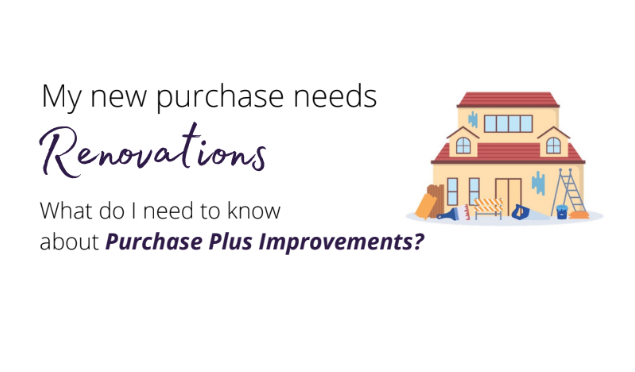
PROCESS 1️⃣ Prior to subject removal, obtain quotes from a contractor/third party outlining the work to be completed for the improvements. 2️⃣ Work is to be completed after the purchase is finalized and funded via personal cash or credit. 3️⃣ Improvement funds are held in trust by the solicitor until they are confirmed complete. 4️⃣ Once the work is finished, the lender will require confirmation that the outlined work was completed as originally outlined. Depending on the lender and renovations, this may include paid invoices/receipts or an inspection (and permits if appl.). 5️⃣ Funds are released by the solicitor and in some cases can be released directly to the contractor.
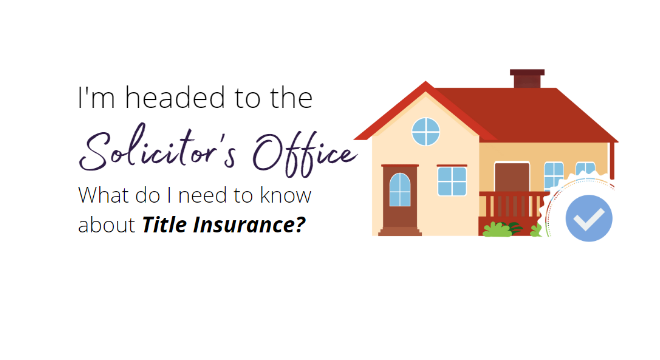
WHAT IS TITLE INSURANCE? In its simplest form, title insurance protects the lender and homeowner against a number of risks related to the property’s title or ownership. What began as a more timely alternative and eventual replacement for obtaining a survey certificate; title insurance, has now become standard practice for real estate purchases and refinances. Simply put, title insurance protects both the lender and the homeowner against a variety of risks related to home ownership and property title. While the Assurance Fund of the Land Title Office may reimburse the true property owner from fraudulent instances or errors, title insurance is usually a quicker process and less expensive, saving both time and financial headache.

